THE SAVAGE DETECTIVES
Radnóti Miklós Theatre (Tesla Laboratory)
Premerie at 07.09.2021.
Based on the novel of Roberto Bolaño
“The most significant Latin American literary voice of his generation”, says the New York Times about Roberto Bolaño, who published his 600-page-long novel The Savage Detectives in 1998, which made the vagabond poet a world-famous author in no time. The story, blending biographic elements with a world of unrestrained fantasy, provides a glimpse into the life of an underground poetic movement, which, through the drift of love and poetry, parties and manifests, sexual adventures, and literary reformations, unfolds into a world-wide and decades-long, crime-like trip. The story follows the two young founders of the revolutionary Visceral Realist movement, who, together with a teenage boy and a fugitive prostitute, flee to the Sonoran Desert to look for their great spiritual predecessor, the revolutionary poetess, who had mysteriously disappeared in the desert decades ago.
Thus begins their roller-coaster ride of parallel realities: a joint investigation in a land of violence and destruction in the scorching heat. They take us on an inner and outer journey across continents, across past and future, across ecstasy and failure, all in the ever-fading wake of a mysterious poetess.
Together with the ensemble of Radnóti Theatre, Kristóf Kelemen based this new theatrical adventure on Bolaño’s monumental novel and his contemporaneous manifesto, enabling the creators to talk about their generation, the apocalyptic atmosphere, and the passionate will to live life to the fullest, in entertaining and dramatic scenes, with crazy characters, in a playfully experimental way. The production is further enriched by additional film sketches recorded by the director, in which famous performances, characteristic of the era captured in the novel, are referenced, like those by Marina Abramović and Francis Alÿs. Among them is the sketch in which Artistic Director of Radnóti Theatre, Adél Kováts pushes a block of ice across Budapest in the summer heat, resonating richly with our general condition, the seemingly vain but also passionate desire to create in the age of political pressures and global crises.
“The performance is the impression of the general feeling and desires of my generation. Experiencing the autonomous behaviour of the novel’s characters, their consistent negligence of all systems of requirements, was therapeutic for me. That they, as artists, are not driven by an urge to gain wealth, visibility, and success, but by a deep, inner conviction. We are the children of capitalism already and find it very difficult to escape the continuous pressures of production and growth, while, as artists, we are striving for an inner freedom at the same time. With The Savage Detectives, we are experimenting with creating an onstage field, where all pre-set rules and conventions can be questioned, creating a, so to speak, miniature utopia, just like the characters of the novel do, and we are inviting the audience to be part of the theatrical adventure. The performance works just as erratically and unpredictably as Bolaño’s novel.” (Kristóf Kelemen)
Radnóti Miklós Theatre (Tesla Laboratory)
Premerie at 07.09.2021.
“The most significant Latin American literary voice of his generation”, says the New York Times about Roberto Bolaño, who published his 600-page-long novel The Savage Detectives in 1998, which made the vagabond poet a world-famous author in no time. The story, blending biographic elements with a world of unrestrained fantasy, provides a glimpse into the life of an underground poetic movement, which, through the drift of love and poetry, parties and manifests, sexual adventures, and literary reformations, unfolds into a world-wide and decades-long, crime-like trip. The story follows the two young founders of the revolutionary Visceral Realist movement, who, together with a teenage boy and a fugitive prostitute, flee to the Sonoran Desert to look for their great spiritual predecessor, the revolutionary poetess, who had mysteriously disappeared in the desert decades ago.
Thus begins their roller-coaster ride of parallel realities: a joint investigation in a land of violence and destruction in the scorching heat. They take us on an inner and outer journey across continents, across past and future, across ecstasy and failure, all in the ever-fading wake of a mysterious poetess.
Together with the ensemble of Radnóti Theatre, Kristóf Kelemen based this new theatrical adventure on Bolaño’s monumental novel and his contemporaneous manifesto, enabling the creators to talk about their generation, the apocalyptic atmosphere, and the passionate will to live life to the fullest, in entertaining and dramatic scenes, with crazy characters, in a playfully experimental way. The production is further enriched by additional film sketches recorded by the director, in which famous performances, characteristic of the era captured in the novel, are referenced, like those by Marina Abramović and Francis Alÿs. Among them is the sketch in which Artistic Director of Radnóti Theatre, Adél Kováts pushes a block of ice across Budapest in the summer heat, resonating richly with our general condition, the seemingly vain but also passionate desire to create in the age of political pressures and global crises.
“The performance is the impression of the general feeling and desires of my generation. Experiencing the autonomous behaviour of the novel’s characters, their consistent negligence of all systems of requirements, was therapeutic for me. That they, as artists, are not driven by an urge to gain wealth, visibility, and success, but by a deep, inner conviction. We are the children of capitalism already and find it very difficult to escape the continuous pressures of production and growth, while, as artists, we are striving for an inner freedom at the same time. With The Savage Detectives, we are experimenting with creating an onstage field, where all pre-set rules and conventions can be questioned, creating a, so to speak, miniature utopia, just like the characters of the novel do, and we are inviting the audience to be part of the theatrical adventure. The performance works just as erratically and unpredictably as Bolaño’s novel.” (Kristóf Kelemen)
Premerie at 07.09.2021.
Based on the novel of Roberto Bolaño
Thus begins their roller-coaster ride of parallel realities: a joint investigation in a land of violence and destruction in the scorching heat. They take us on an inner and outer journey across continents, across past and future, across ecstasy and failure, all in the ever-fading wake of a mysterious poetess.
Together with the ensemble of Radnóti Theatre, Kristóf Kelemen based this new theatrical adventure on Bolaño’s monumental novel and his contemporaneous manifesto, enabling the creators to talk about their generation, the apocalyptic atmosphere, and the passionate will to live life to the fullest, in entertaining and dramatic scenes, with crazy characters, in a playfully experimental way. The production is further enriched by additional film sketches recorded by the director, in which famous performances, characteristic of the era captured in the novel, are referenced, like those by Marina Abramović and Francis Alÿs. Among them is the sketch in which Artistic Director of Radnóti Theatre, Adél Kováts pushes a block of ice across Budapest in the summer heat, resonating richly with our general condition, the seemingly vain but also passionate desire to create in the age of political pressures and global crises.
“The performance is the impression of the general feeling and desires of my generation. Experiencing the autonomous behaviour of the novel’s characters, their consistent negligence of all systems of requirements, was therapeutic for me. That they, as artists, are not driven by an urge to gain wealth, visibility, and success, but by a deep, inner conviction. We are the children of capitalism already and find it very difficult to escape the continuous pressures of production and growth, while, as artists, we are striving for an inner freedom at the same time. With The Savage Detectives, we are experimenting with creating an onstage field, where all pre-set rules and conventions can be questioned, creating a, so to speak, miniature utopia, just like the characters of the novel do, and we are inviting the audience to be part of the theatrical adventure. The performance works just as erratically and unpredictably as Bolaño’s novel.” (Kristóf Kelemen)
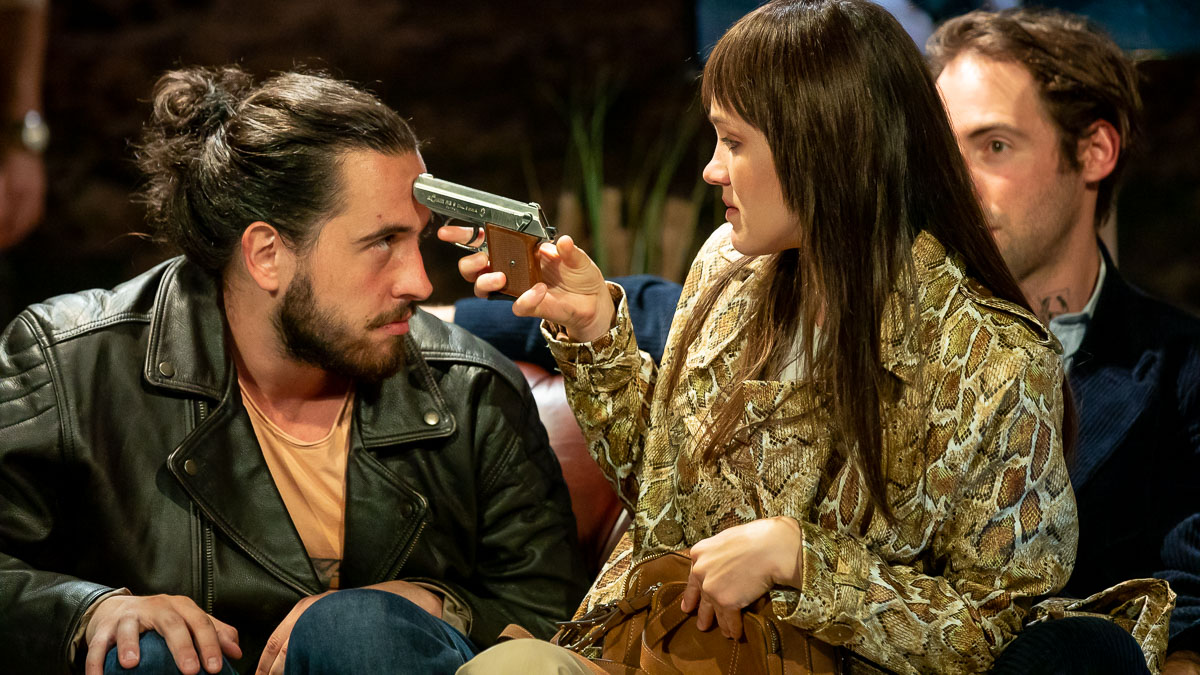

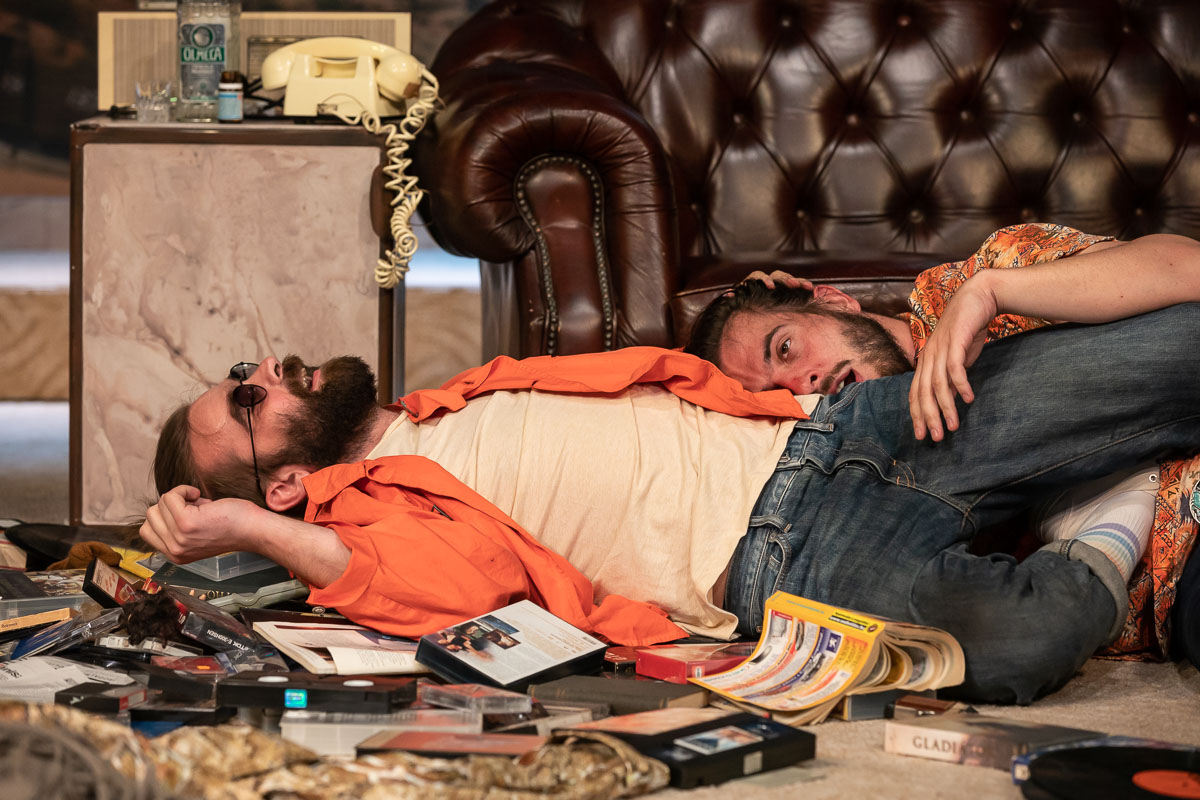

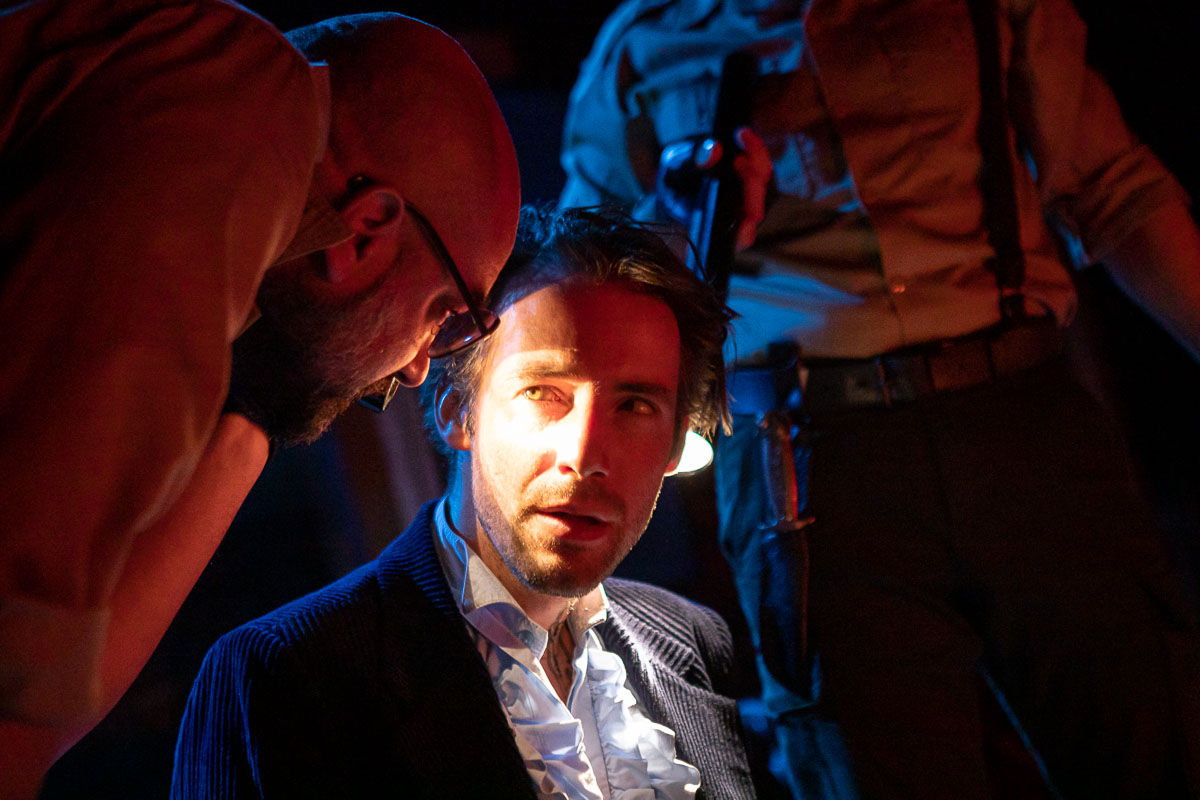

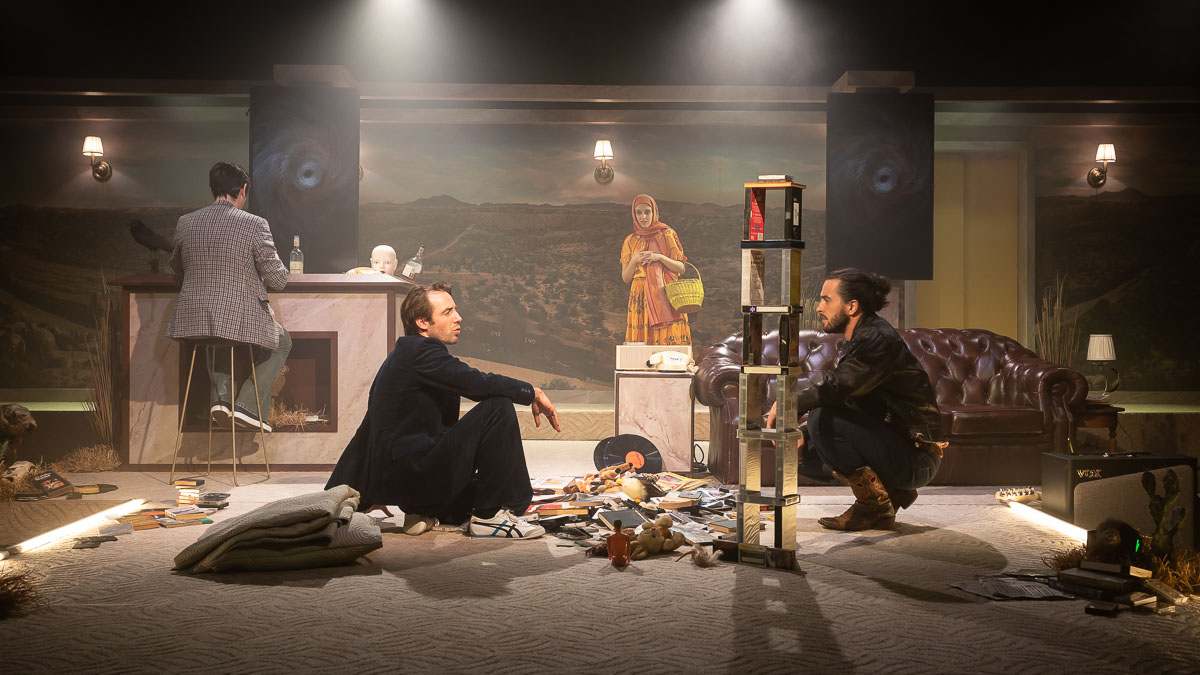
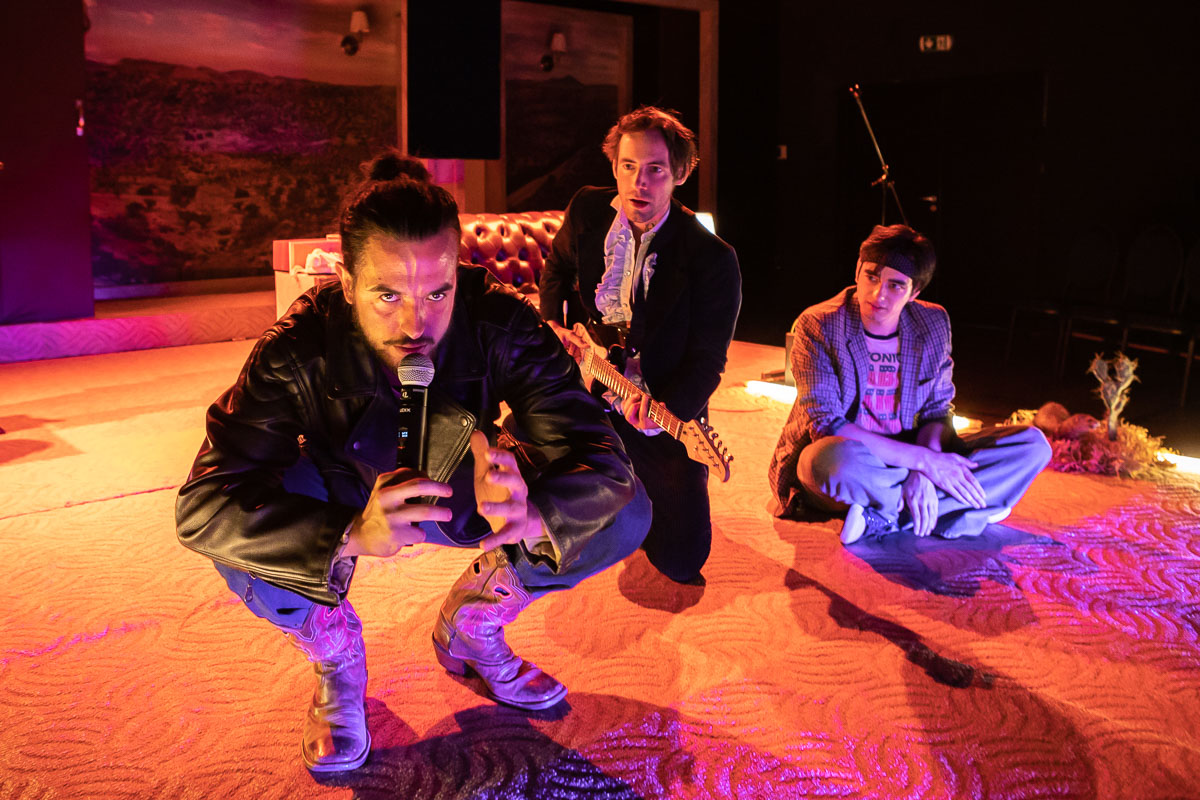
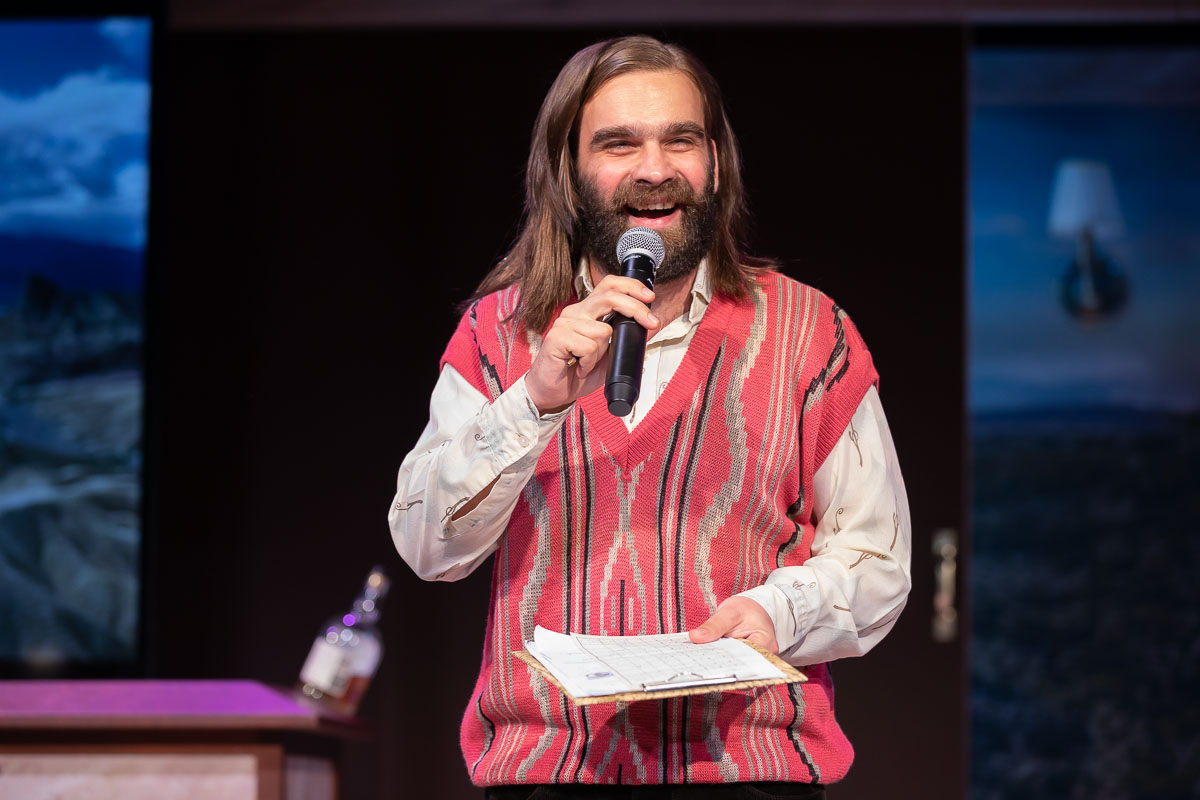

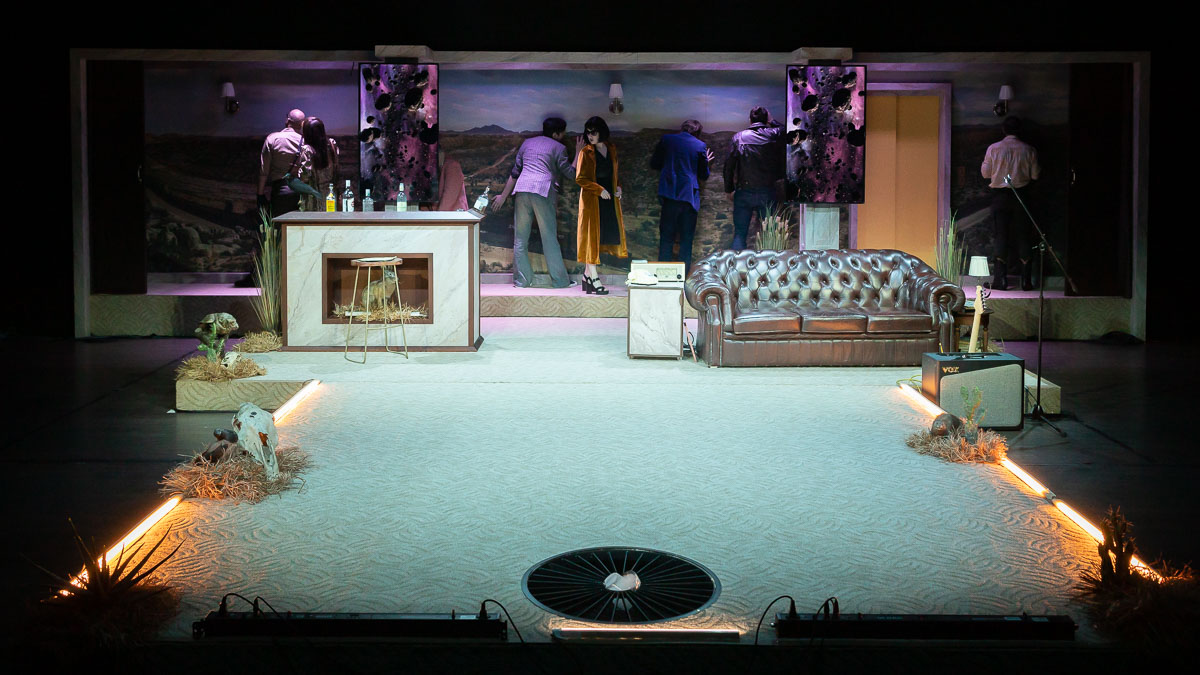
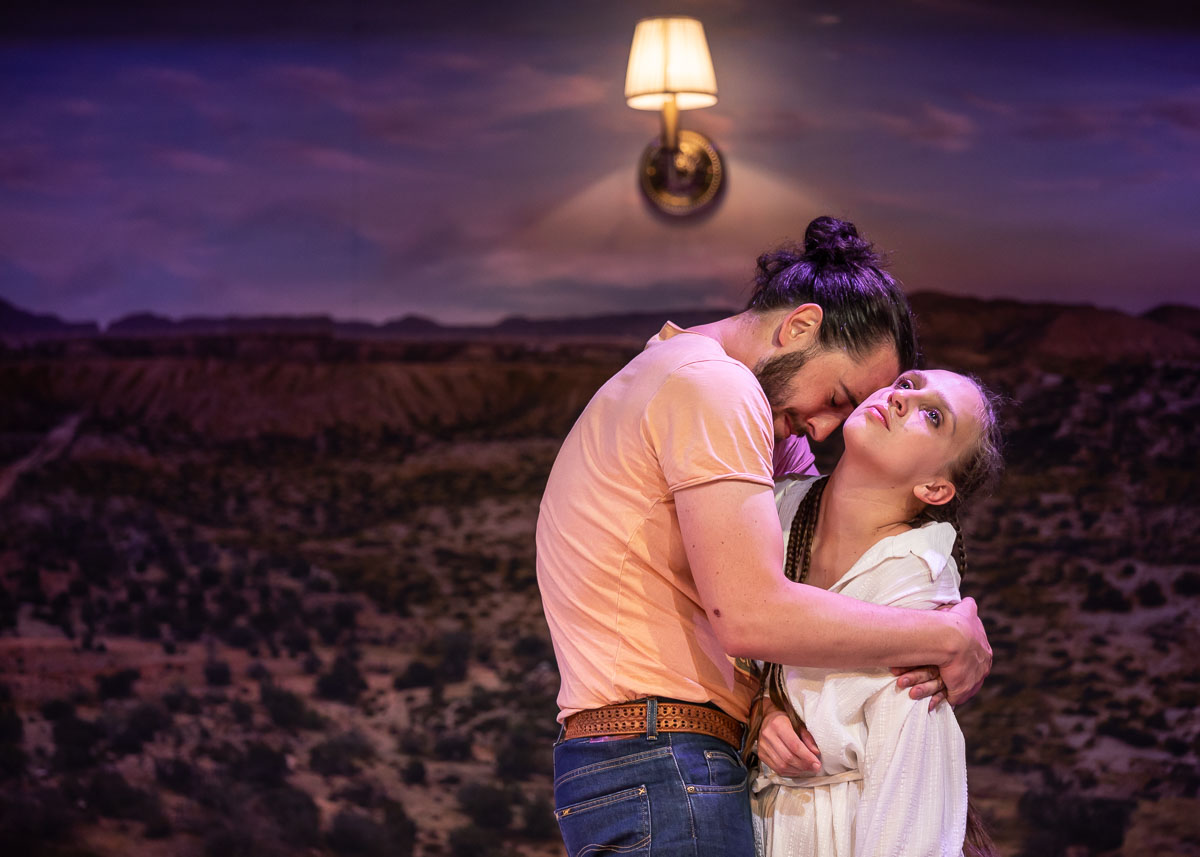

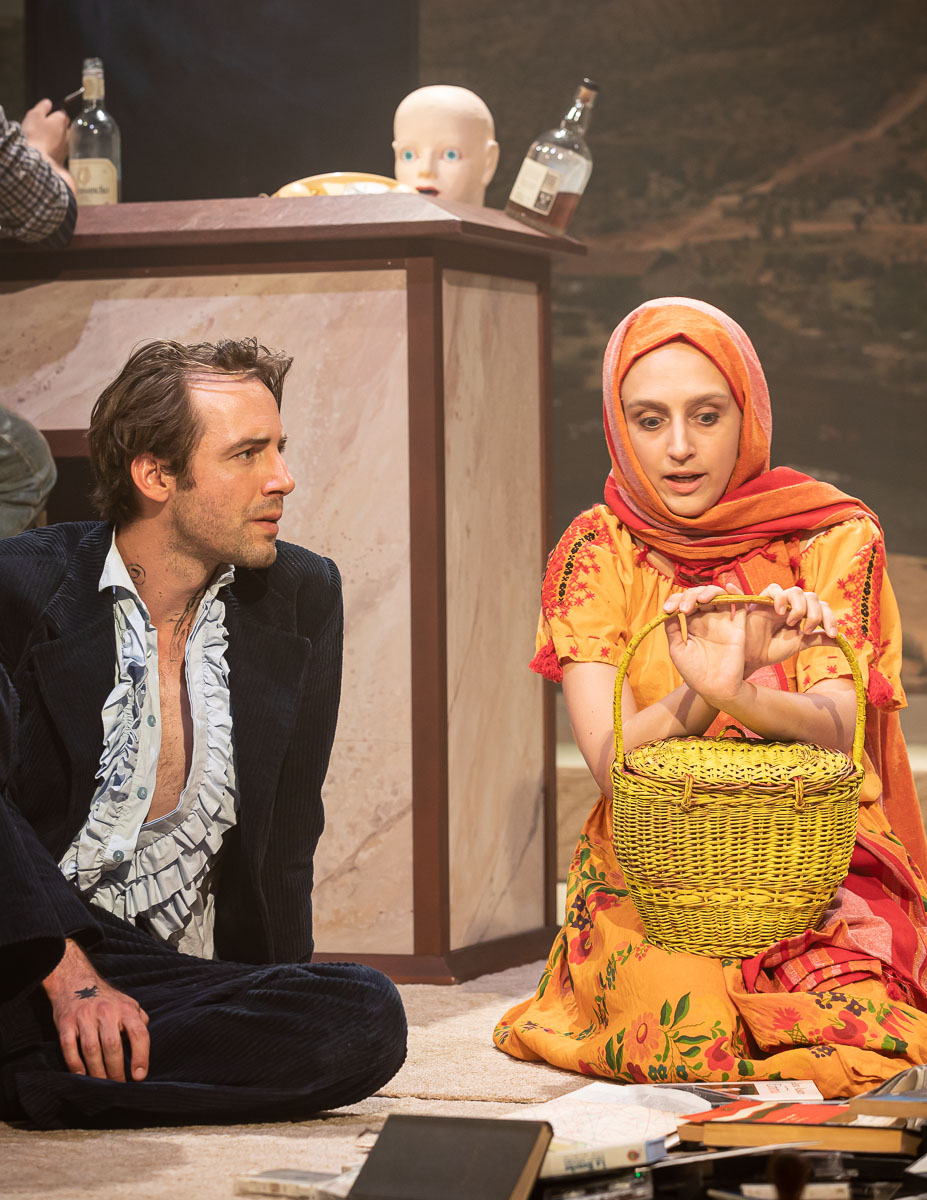

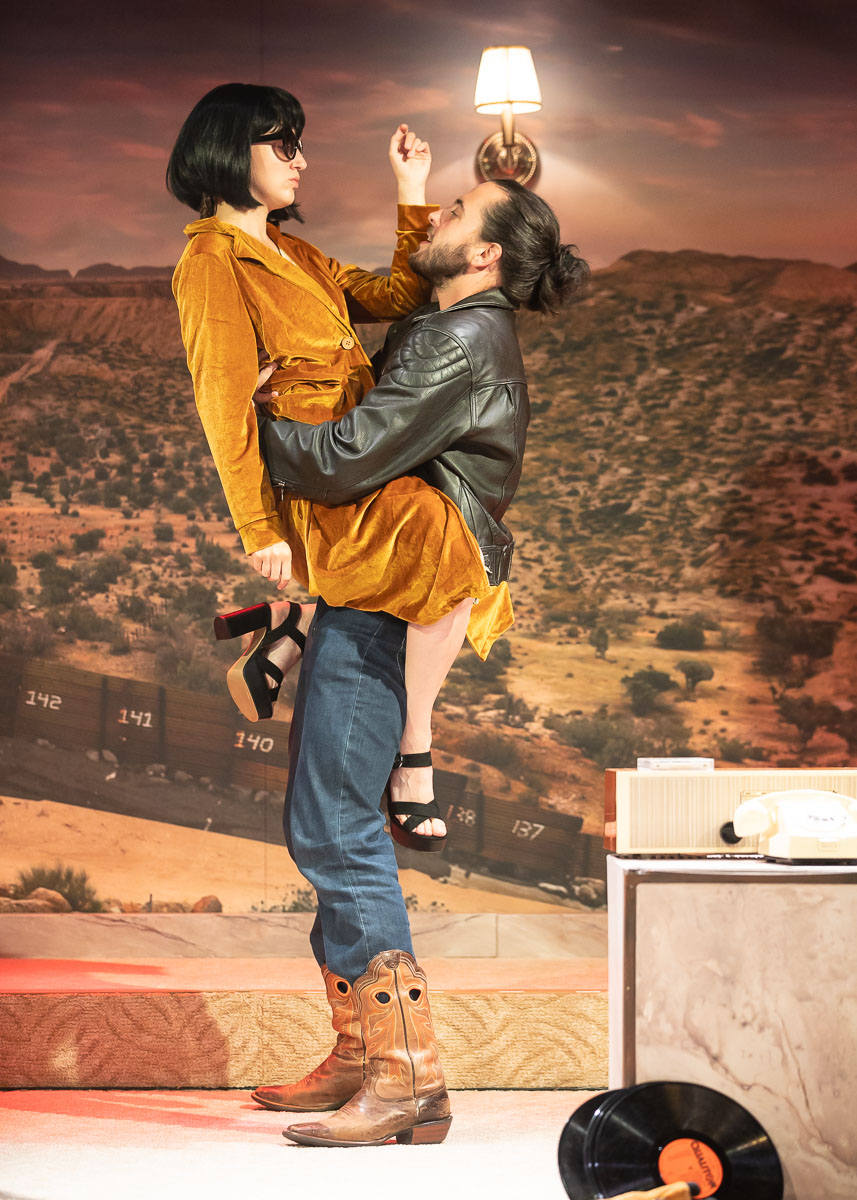
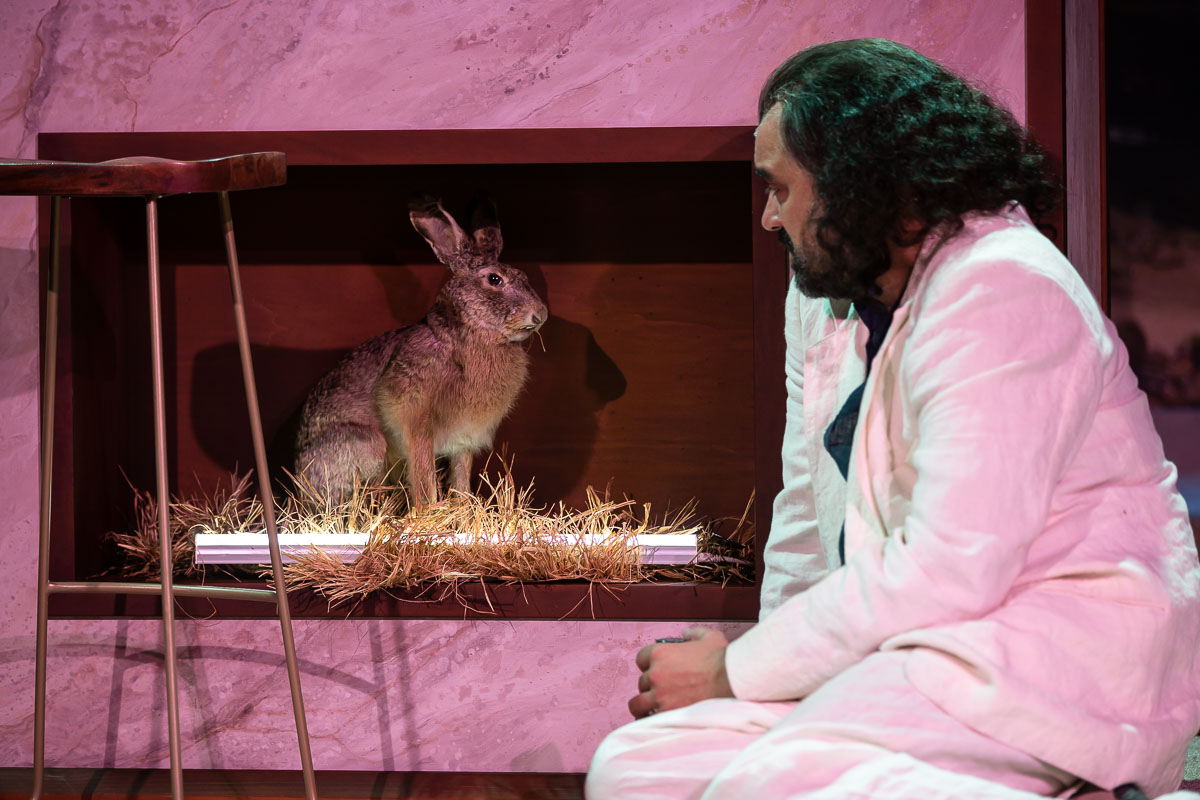
“As expected, The Savage Detectives in Kristóf Kelemen’s directing has become much more than a mere stage adaptation of Robert Bolaño’s novel. It is a nuanced criticism of theatre makers, but also of spectators and our era in general.”
(Márton Hajnal, Dunszt)
“The Savage Detectives at Radnóti Tesla Laboratory, directed by Kristóf Kelemen, invites us to a dense and intense journey. The performance feels like a volleyball game that is played with multiple balls simultaneously.”
(Eszter Feke, Kortárs Online)
“We understand it too well, that The Savage Detectives at Radnóti is just as about today’s Hungary as the Mexico of the 70s, when political autocracy and a stunted cultural life keep us captive and together with the menacing shadow of natural catastrophes, makes for us very hard to believe in any high ideals anymore.”
(Bence Kránicz, 24.hu)
“That it is not the pessimistic lethargy that stays with the spectators is due to the ironic and often almost grotesque style of acting, and the way the actors manage to pull it off. They are fun to watch. All of them. And you get the feeling that they enjoy playing this, that there is a feeling of a creative community and the belief that all this is worth doing. So let’s not bury ourselves or art as long as such performances are created about the meaninglessness of creating these kind of performances. Let’s stay on the surface – for that little while.”
(Lilla Turbuly, Kútszéli Stílus)
Arturo Belano: Dániel Baki
Ulises Lima: Ádám Porogi
Quim Font / Matador: Sándor Gáspár
María Font / Archivist / Teacher / Edith: Eliza Sodró
Juan García Madero: László Márk Sipos
Lupe / Claudia: Blanka Mészáros
Álamo / First Policeman / Miseria / Friend: András Pál
Researcher / Norman / Second Policeman / Critic: András Rusznák
Hungarian Translator of Bolaño’s novel: Gábor Kertes
Dramaturg: Júlia Sándor
Stage and Costume Designer: Zita Schnábel
Music: Péter Márton (Prell)
Consultant: Anna Vécsei
Stage Manager: József Kónya
Prompter: Erzsébet Farkas
Assistant Director: Monika Hatvani, Ágnes Lévai
Director, Stage adaptation: Kristóf Kelemen
Special thanks: Botond Darvay, Bernadett Rangits, Anna Siflis